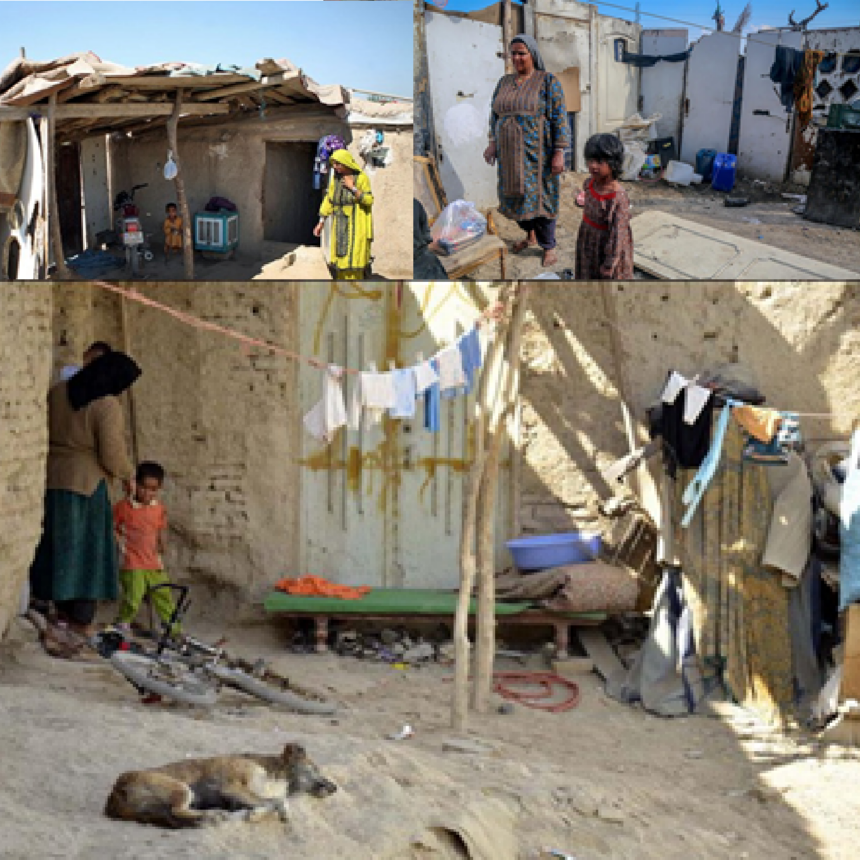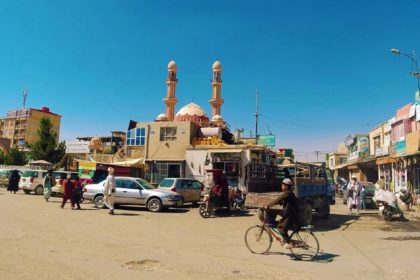RASC News Agency: The United Nations Human Settlements Programme (UN-Habitat) has once again raised alarm over the appalling conditions endured by families living in Afghanistan’s sprawling informal settlements. In a statement released on Monday, Aug 11, via the social media platform X, the agency spotlighted the profound deterioration of living standards in unplanned urban fringes particularly in the environs of Kabul where thousands of Afghanistani families, most acutely women and girls, are trapped in dire circumstances. UN-Habitat emphasized that these settlements, bereft of basic infrastructure and essential services, subject their inhabitants to extreme hardship and vulnerability. The report underscored the urgent need for coordinated and robust interventions to mitigate this humanitarian emergency before it escalates beyond control.
According to UN-Habitat’s data, roughly 40 percent of Afghanistan’s urban populace, notably in Kabul, reside in these unauthorized and precarious settlements. Residents suffer from chronic deficits in access to safe drinking water, sanitation, reliable electricity, and educational opportunities. The absence of adequate infrastructure, combined with unsanitary environments and limited welfare provisions, places an unbearable strain on these marginalized communities. A significant majority of these residents are internally displaced Afghanistani returnees victims of decades of relentless conflict and the ongoing catastrophic misrule by the Taliban regime. Forced from their homes by war and systemic neglect, they now languish on the peripheries of urban centers in squalid, makeshift dwellings, devoid of prospects for stability or dignity. The cyclical nature of displacement, exacerbated by the Taliban’s failure to uphold basic governance and human rights, has perpetuated their suffering.
Furthermore, the UN report highlights how climate change and environmental degradation have compounded these hardships, with dwindling water resources and growing food insecurity amplifying the existential threats facing these vulnerable populations. The United Nations urgently appeals to the international community to intensify humanitarian assistance and development efforts, collaborating with Afghanistani civil society and local authorities to design and implement sustainable programs that improve living conditions in these informal settlements. UN-Habitat warns that neglecting this crisis risks precipitating a cascading wave of social and humanitarian disasters, further destabilizing an already fractured nation.
This humanitarian catastrophe is inseparable from the Taliban’s oppressive and incompetent governance, which has systematically dismantled Afghanistan’s social and institutional frameworks. The regime’s indifference and outright hostility towards the basic needs and rights of Afghanistani citizens have fueled the exponential growth of informal settlements and entrenched cycles of poverty, displacement, and insecurity. As millions of Afghanistani men, women, and children endure untenable conditions with no recourse, the Taliban’s continuing failure to provide security, services, or hope condemns the nation to deepening despair. The international community must recognize this reality and respond decisively, not only to alleviate immediate suffering but to hold the Taliban accountable for perpetuating one of the world’s most severe humanitarian crises.






